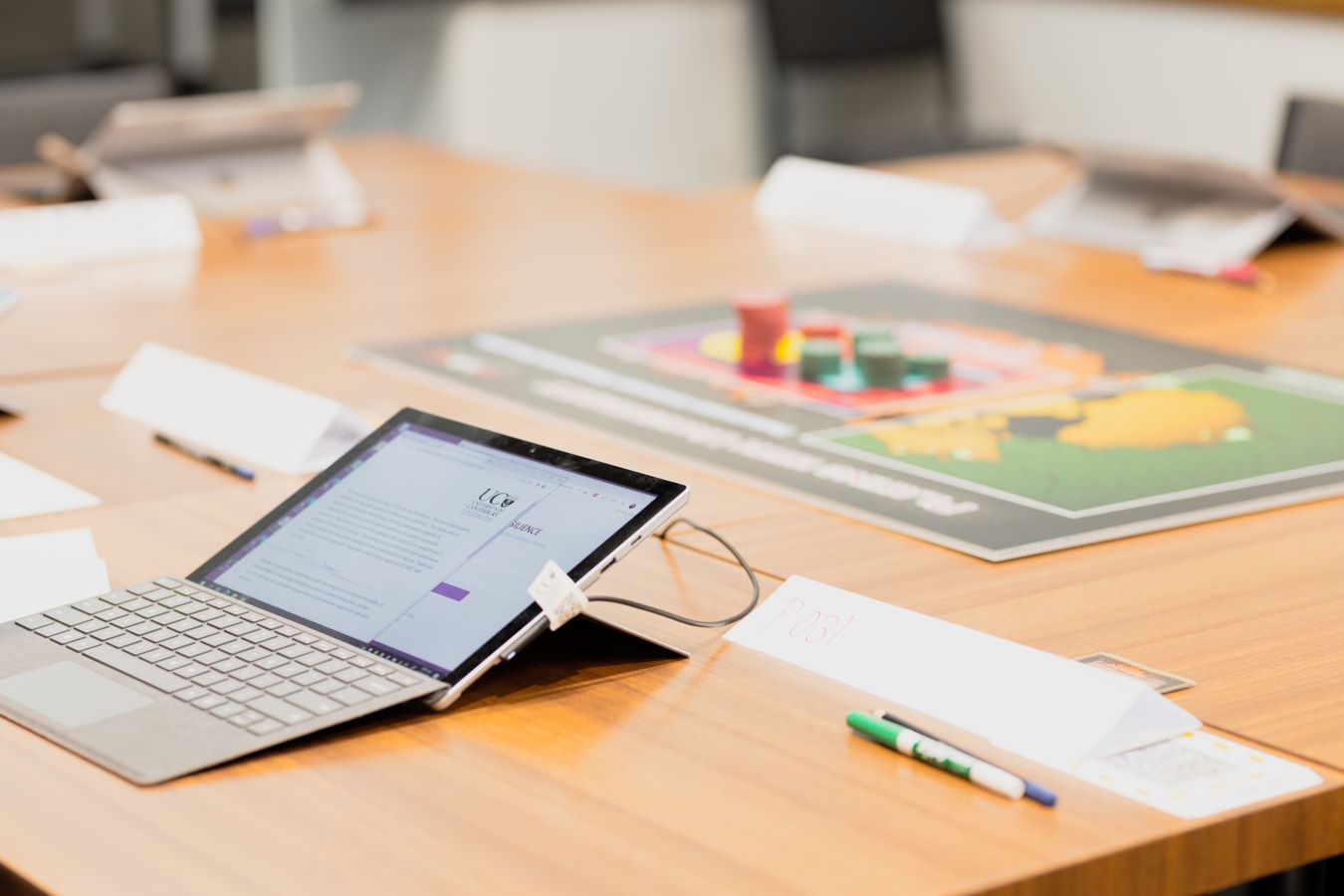Playing with Uncertainty: Participatory Modelling to Facilitate Social and Technical Investment Negotiations for Resilience Planning
2020 – 2023

Summary
Resilience has become a fundamental paradigm for communities to deal with disaster planning, particularly in the face of increasing climate change impacts.
This study contributes to the growing literature on Participatory Modelling (PM) as an attempt to approach community resilience planning. Before this research, little research had been conducted on Socio-Technical Systems (STS) in New Zealand, and an international research gap in this area inspired the endeavour to challenge the civil systems engineering community to produce participatory methods to desirable enhance community cohesion while also building resilience in a holistic manner. This work provides a framework for joint investment analysis in STS. The proposed framework and lessons presented in this thesis, along with the importance of refining the methodology, have broader applications and can guide scholars in implementing participatory approaches that foster interdisciplinary collaboration and encourage creative problem-solving. However, limitations on the use of PM in STS remain, and a debate over the need for a consensus on standards and guidelines in PM persists with no clear resolution in sight.
The study developed a tailored methodology called Playing with Uncertainty, which includes role-playing simulations and game elements to enhance participant engagement. The methodology involved several steps, including a workshop to identify the interests and concerns of key stakeholder groups, a survey to capture participants’ perceptions of the importance of different resilience factors, a simulation exercise to explore different flood management strategies and a debriefing session to discuss the results and lessons learned. The participation model considered the challenge of investment planning for a small coastal community at risk of sea level rise.
Acknowledgement
This study received funding from the University of Canterbury as part of the Applied Immersive Gaming Initiative (AIGI).
Researcher and Contact
Supervisory Team
- Prof. Mark Milke, Civil and Natural Resources Engineering, University of Canterbury
- Assoc. Prof. Heide Lukosch, HIT Lab NZ, University of Canterbury
Research Outputs
Avendano Uribe, B. E. (2023). Playing with uncertainty: participatory modelling to facilitate social and technical investment negotiations for resilience planning [Doctoral thesis, University of Canterbury]. UC Research Repository. https://doi.org/10.26021/15160.
Avendaño-Uribe, B.E; Milke, M; Castillo-Brieva, D. (2022). Participatory Modelling: Precedents and Prospects for Civil Engineering. Special Issue on Human-Centred Systems. Journal Civil Engineering and Environmental Systems. Francis & Taylor. https://doi.org/10.1080/10286608.2022.2083111.
Avendaño-Uribe, B.E; Lukosch, H; Milke, M. (2022). Playing with Uncertainty: Facilitating Community-based Resilience Building. Special Issue: Gaming, Simulations and Planning: Physical and Digital Technologies for Public Participation in Urban Planning. Journal of Urban Planning. Cogitatio Press. https://doi.org/10.17645/up.v7i2.5098
